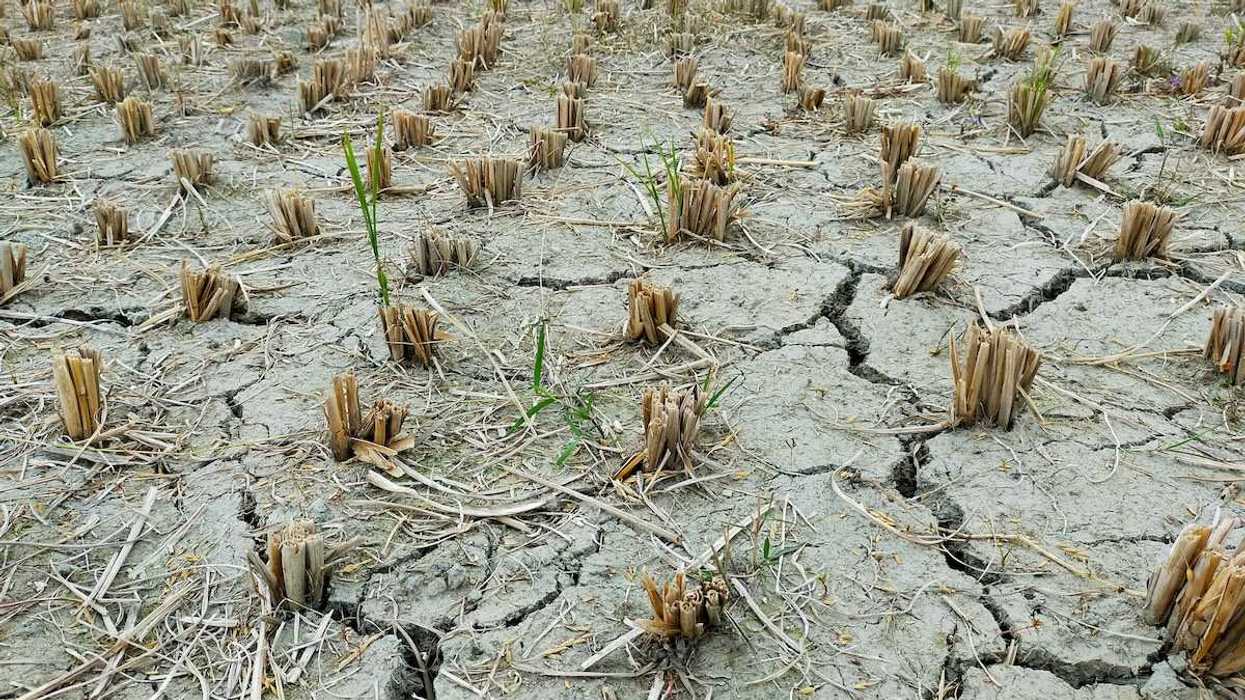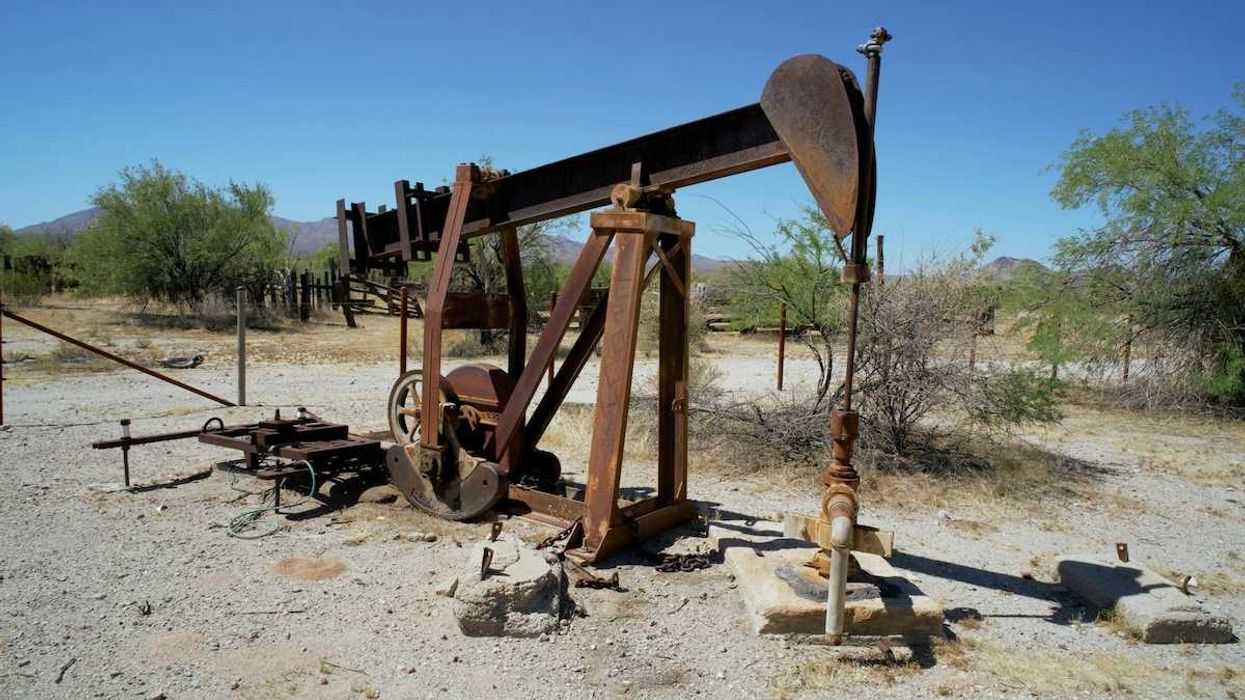Researchers warn that wildfire smoke, filled with harmful pollutants, may interfere with anesthesia and worsen surgical outcomes, especially for children and sensitive groups.
Sharon Udasin reports for The Hill.
In short:
- Wildfire smoke contains fine particles and chemicals that cause inflammation and reduce antioxidant levels, impacting health.
- Exposure can exacerbate cardiovascular issues and damage organs, complicating perioperative outcomes for patients.
- Children with prior respiratory issues are significantly more affected by poor air quality during surgeries.
Key quote:
“Wildfire smoke poses significant health risks, particularly in people with pre-existing heart and lung disease, obese patients, infants and young children and other vulnerable groups.”
— Vijay Krishnamoorthy, chief of Duke University School of Medicine’s Critical Care Medicine Division.
Why this matters:
This study adds another layer of worry as wildfire seasons grow longer and more intense, raising health risks far beyond the obvious respiratory issues. Read more: Carlos Gould on wildfire smoke and our health.














